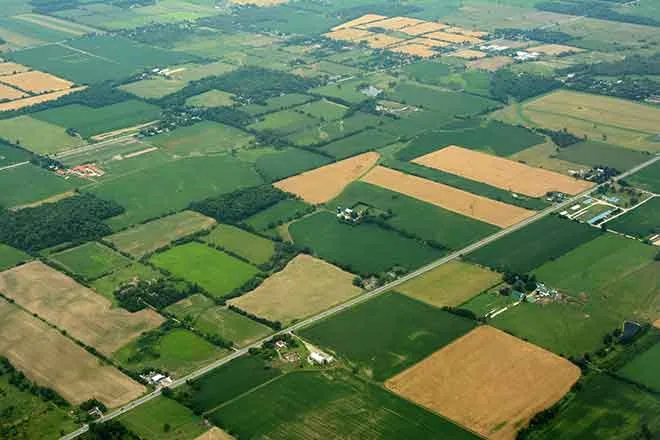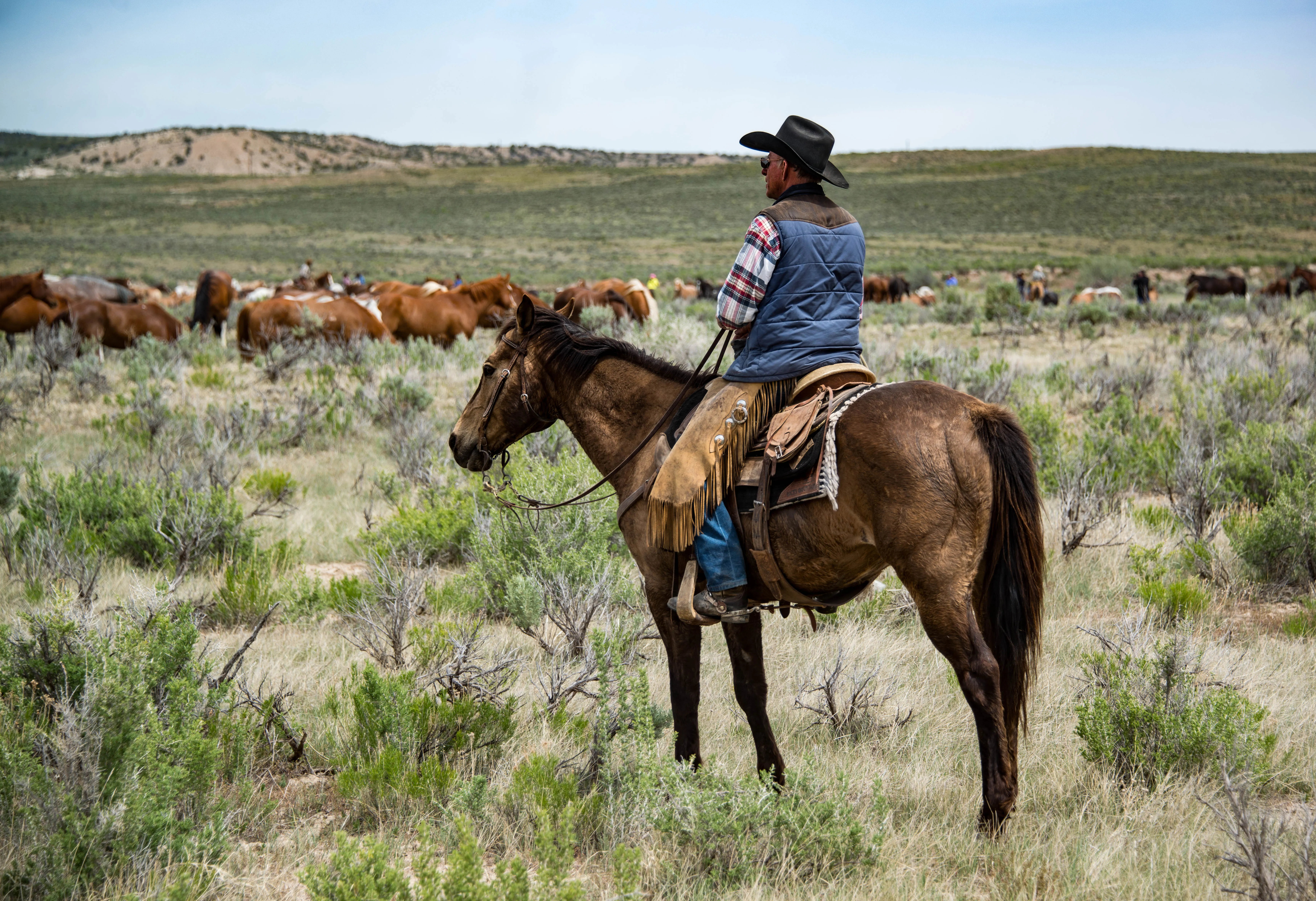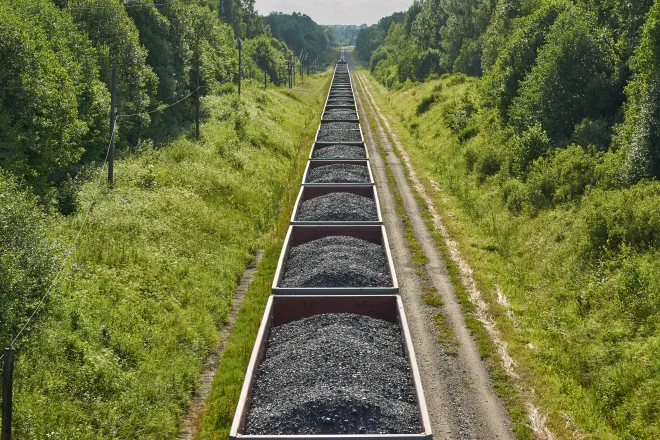
Healthy School Meals for All program faces $24 million budget gap
Click play to listen to this article.
(Colorado News Connection) Colorado lawmakers are considering ways to address a projected $24 million funding shortfall in the Healthy School Meals for All program, and grants to help districts purchase food from local farmers and ranchers could be at risk.
Dan Sharp, nutrition services director for Mesa County School District 51, said serving fresh, locally-sourced foods -- as opposed to highly processed foods shipped cross-country -- gives kids the fuel they need to succeed in the classroom and beyond.
"There's evidence-based research that the more locally sourced our food supply is -- whether we get it at the grocery store or through our school meal programs -- a higher quality and better nutritious product for our students," Sharp explained.

A new survey sponsored by Hunger Free Colorado and MAZON found 70 percent of Republicans, 79 percent of independents and 91 percent of Democrats view the school meal program approved by voters in 2022 as favorable.
The program's success may be one reason for the budget gap. Participation in school breakfasts has grown by 35 percent across Colorado and lunch participation is up 31 percent.
Colorado's share of the program's costs, which also receives U.S. Department of Agriculture funding, was meant to be paid for by Coloradans who earn $300,000 or more per year but it is not clear if the money is actually being collected. Nearly three of four Colorado voters surveyed want lawmakers to ensure full funding for Healthy School Meals for All.
Sharp believes investment will also benefit rural economies.
"For the Joint Budget Committee to affirm the grant funding for the local food programming next year will have a direct economic impact on our local ranchers and producers in the state of Colorado," Sharp asserted.
He stressed local farmers and ranchers need reliable, heavy-volume buyers like local school districts to make the economics work. Sharp pointed to one rancher he is working with to supply beef for a meatloaf recipe he hopes to offer next school year.
"For that rancher that I just spoke to, it's a big deal," Sharp observed. "It saves them those transit costs, and it's the pride of their product. They want their local beef to be in their schools, for their grandkids or for their kids, and for the families in that community."

















